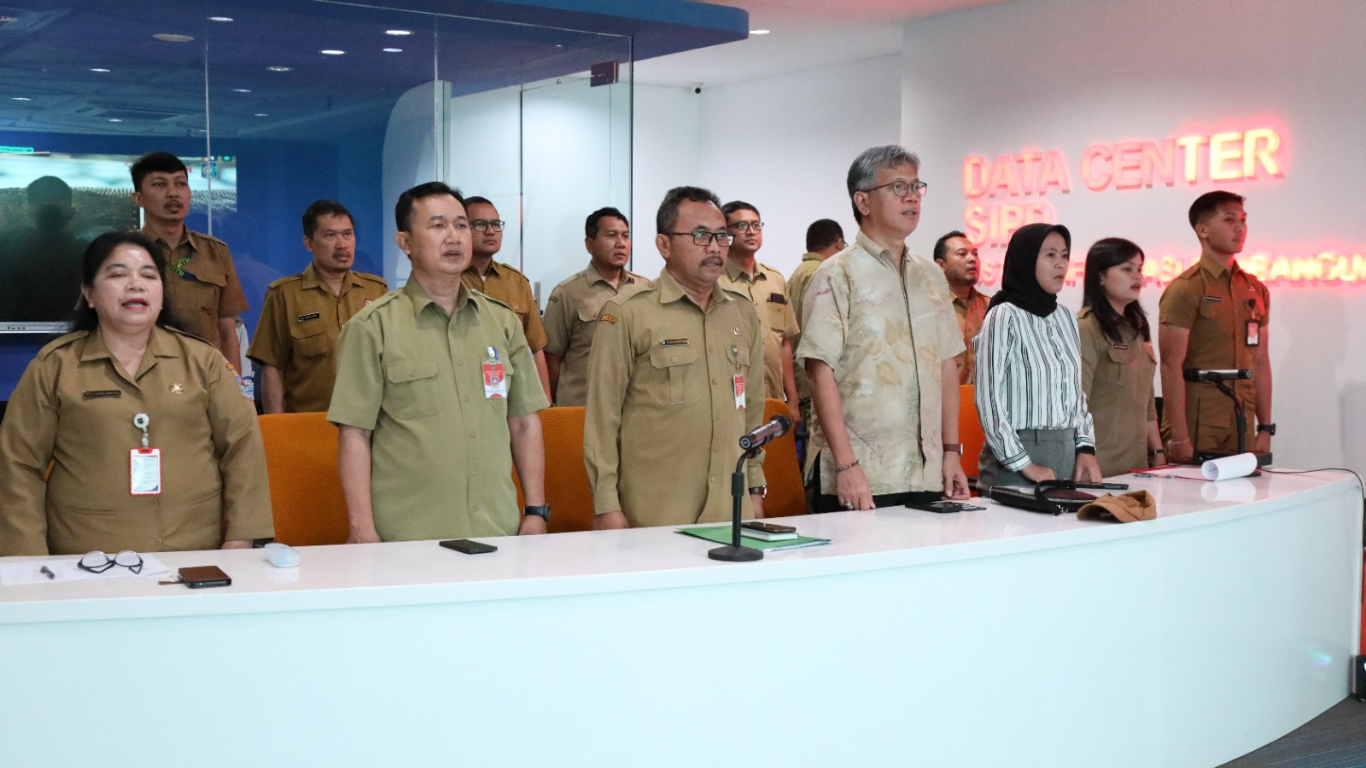Bappenas & Home Ministry Consult With Regional Leaders to Prepare 2025-2045 RPJPD
Development News - Mon, 29 January 2024

The Ministry of National Development Planning/Bappenas, in collaboration with the Ministry of Home Affairs, held a Consultation and Alignment of the Preliminary Draft of the 2025-2045 Regional Long-Term Development Plan (RPJPD) meeting on Monday (29/1), aimed at enhancing the capacity and quality of regional development planning.
The event was opened by the Director-General for Regional Development at the Ministry of Home Affairs, Restuardy Daud, and the Acting Deputy for Regional Development at the Ministry of National Development Planning/Bappenas, Tri Dewi Virgiyanti. This event is a follow-up to the Joint Circular Letter from the Ministry of Home Affairs and the Ministry of National Development Planning/Bappenas regarding the Alignment of the RPJPD with the 2025-2045 National Long-Term Development Plan (RPJPN). Deputy Virgi emphasized in her opening speech that sustainability is crucial in development planning.
"We must ensure the continuity from one government to the next through the formulation of RPJPD 2025-2045 that aligns with the Golden Vision in RPJPN," expressed Virgi.
The meeting involved representatives from Provincial Regional Development Planning Agencies (Bappeda) across Indonesia. The involvement of regions and Bappeda in the national development process is crucial because the alignment of RPJPD with the 2025-2045 RPJPN serves as a starting point to orchestrate the potential of regions in the national socio-economic transformation agenda.
Representing the Ministry of National Development Planning/Bappenas, Deputy Virgi provided notes on three things to consider in the formulation and alignment of RPJPD. First, the need for the identification of development stages and the refinement of policy directions, including a detailed analysis of regional characteristics, visions, and themes of each region to achieve continuity. Second, the need for an in-depth examination of 45 key development indicators between regions and the Working Groups responsible for the indicators at the national level. Third, the need for mapping the responsible parties and the availability of data up to the district level.
In line with Deputy Virgi regarding the sustainability of regional development plans to the district level, Director-General Restuardy also emphasized the urgent role of Provincial Bappeda in consolidating and facilitating the formulation of RPJPD at the district/city level. Through this forum, it is expected to strengthen the exchange of ideas and active participation of all parties to produce responsive and comprehensive plans that support regional development and align with the 2025-2045 RPJPN.
